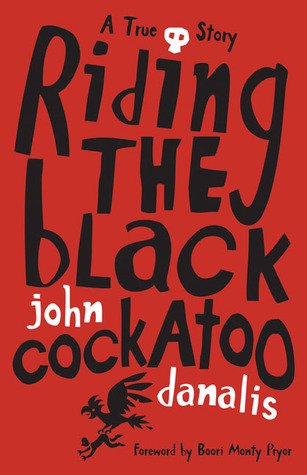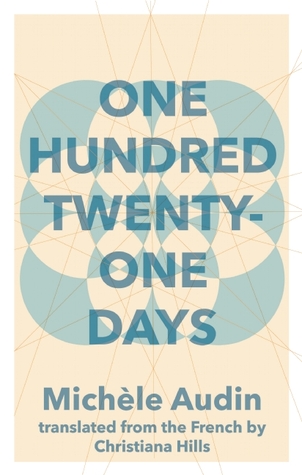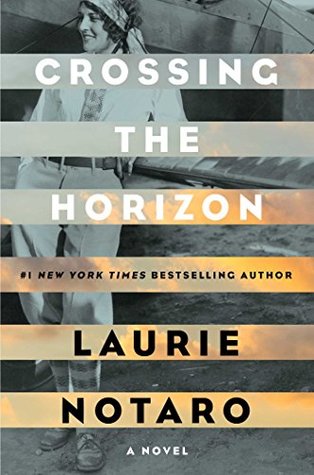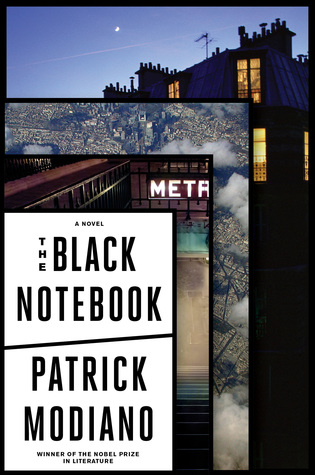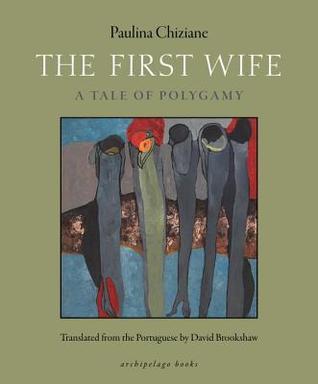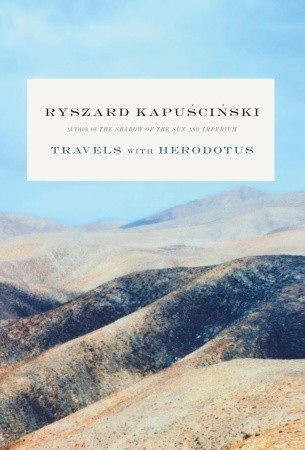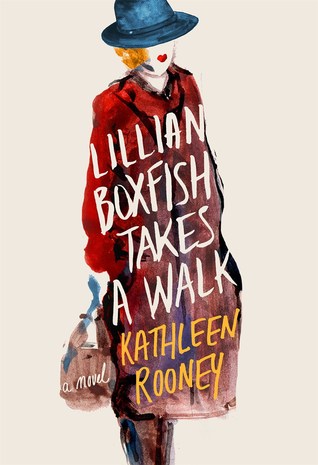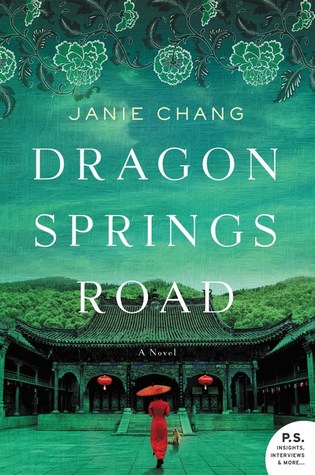 |
| “Deal Me In 2017!” |
It is online at Short Fiction, a print and online journal, featuring excellent short stories from around the world.

This week's card, The Five of Hearts, is from the Marshall McLuhan Distant Early Warning (D. E. W.-Line) Card Deck, A deck of playing cards designed to be used as a problem-solving device. Published in 1969.
An essay about the deck may be found here and a complete set of DEW Line cards can be seen on Flickr at https://goo.gl/bvwVM7
from my "owned-but-unread" shelf...
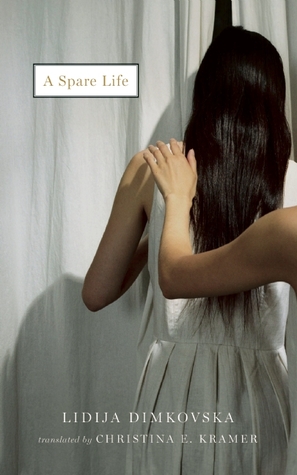
A Spare Life by Lidija Dimkovska, Christina E. Kramer (Translation from the Macedonian)
The separation of conjoined twins serves as a metaphor for the breakup of Yugoslavia, but it's a very strong story even if read as a straight narrative without the metaphorical stuff.
From my subscription to Two Lines Press
 Anything Is Possible by Elizabeth Strout
Anything Is Possible by Elizabeth StroutIn this collection of linked short stories, Strout expands on the lives of several people mentioned in My name is Lucy Barton. It stands alone, you don't have to have read Lucy Barton to appreciate these stories of small town life, love, and loss. Strout is one my favorite authors and this one does not disappoint. Loved it.
Advance review copy through GoodReads.
Riding the Black Cockatoo by John Danalis
The author gives an account of the process of returning a skull of an Australian Aborigine to its tribe. He goes into the difficulties encountered which include convincing his father of the necessity of repatriating the skull, finding the right authorities to receive it, working with elders to assure that the proper ceremonies are observed, and dealing his own psychological reaction to the atrocities that the native people of Australia have suffered over the years.
Not the greatest writing, but it does help to raise awareness.
My copy from a blog win at The Bookshelf Gargoyle
Literary journals...
Two Lines 26 by CJ Evans (Editor)
More information and Table of Contents Some selections from this and previous issues are available online
I am a subscriber.
New England Review, Vol. 37, No.3 (2016)
Publishes fiction, poetry, non-fiction, drama. This issue features a section of translations of current German poetry. Some material from past issues is available online (pdf). I rec'd this copy from a blog win at LitHub Daily. More Information and Table of Contents
Gutenberg find...
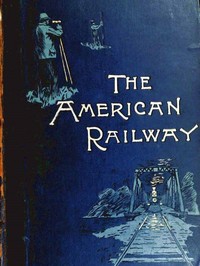
The American Railway : Its Construction, Development, management, and Appliances by Bogart, Clarke, others, and Voorhees (Originally published by Scribners' in 1889)
Over 400 pages of essays, pictures, charts, statistics, and more. A lot of it is rather dull, but there is plenty of interest especially to a researcher. It's worth a look just for the sketches, drawings, and photographs.
The chapter on "The Every-day Life of Railroad Men" is a gem with such insights as "Brakemen have had the reputation of doing a good deal of flirting, and many a country-girl has found a worthy husband among them; but there is not so much of this method of diversion as formerly; both passenger and freight men now have to attend more strictly to business, and they cannot conveniently indulge in side play. There are still, however, enough short branch-lines and slow-going roads in backwoods districts to insure that flirting shall not become a lost art in this part of the world."
